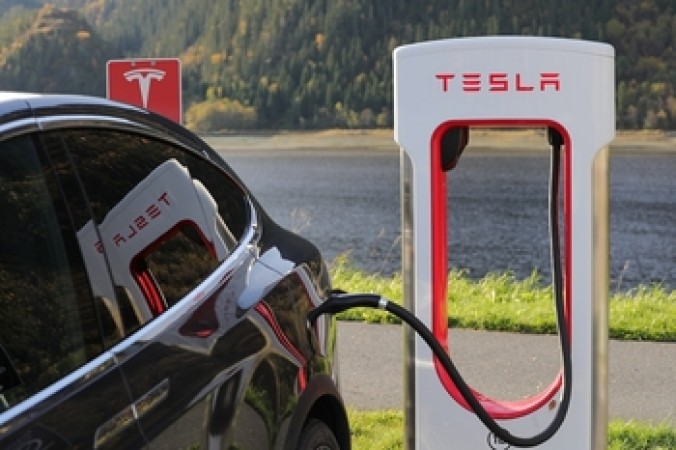
In a move that has garnered significant attention, Texas is set to introduce a new fee of $200 for electric vehicle (EV) owners starting this September. This decision has sparked debates and discussions within the state and beyond. As electric vehicles gain traction as a more sustainable mode of transportation, this fee raises questions about its impact on the adoption of EVs and the broader implications for environmental goals.
One of the primary reasons cited for the introduction of the $200 fee is to fund road maintenance and infrastructure projects. Historically, road maintenance has been funded through gasoline taxes. However, with the rise of electric vehicles that do not rely on traditional gasoline consumption, there is a concern that funds for road repairs could decrease. The new fee aims to bridge this gap and ensure that all vehicle owners contribute to the maintenance of the roads they use.
Critics of electric vehicles often argue that these vehicles do not pay their fair share of road usage taxes, as they do not contribute to gasoline taxes. This fee seeks to address this argument by imposing a direct fee on electric vehicle owners, thus ensuring that they also contribute to the upkeep of the state's infrastructure.
While the fee's proponents argue that it's a necessary step to maintain infrastructure funding, opponents worry that it might discourage potential EV buyers. The added cost of $200 could deter individuals who are considering making the switch to electric vehicles, potentially slowing down the adoption of greener transportation options.
The challenge lies in striking a balance between promoting sustainable transportation and funding essential road projects. States like Texas are grappling with finding solutions that don't hinder the growth of electric vehicles while still securing funds for vital infrastructure maintenance.
Electric vehicles have gained popularity due to their reduced carbon emissions and contribution to cleaner air. The imposition of a fee on these vehicles seems counterintuitive to the state's broader environmental goals. Advocates for electric vehicles argue that the government should be providing incentives rather than disincentives to promote a cleaner and greener mode of transportation.
It's important to consider the long-term benefits of electric vehicle adoption. By encouraging more people to switch to EVs, Texas could potentially reduce its overall carbon footprint and dependence on fossil fuels, leading to a healthier environment and improved air quality.
One of the challenges for Texas policymakers is effectively communicating the reasons behind the fee to the public. Clear and transparent communication is key to preventing negative perceptions and ensuring that citizens understand the necessity of the fee for maintaining roads and supporting infrastructure.
As the fee announcement has generated public debate, there's an opportunity for Texas to explore alternative ways of funding road projects and infrastructure improvements. This could include innovative solutions that encourage sustainable transportation choices without imposing direct fees on electric vehicle owners. Texas' decision to impose a $200 fee on electric vehicle owners starting in September has ignited discussions about the balance between sustainable transportation and infrastructure funding. While the fee addresses concerns about EVs not contributing to road maintenance taxes, it also raises questions about its potential impact on EV adoption and environmental goals. Striking a balance between these aspects will be crucial for the state's future.
Honda Unleashes the ADV350 Adventure Scooter, Poised for European Roads
Nissan Initiates Recall of 236,000 US Cars Due to Defective Suspension Tie Rods
Beyond Luxury: Audi India's Strategy for Double-Digit Growth by 2023